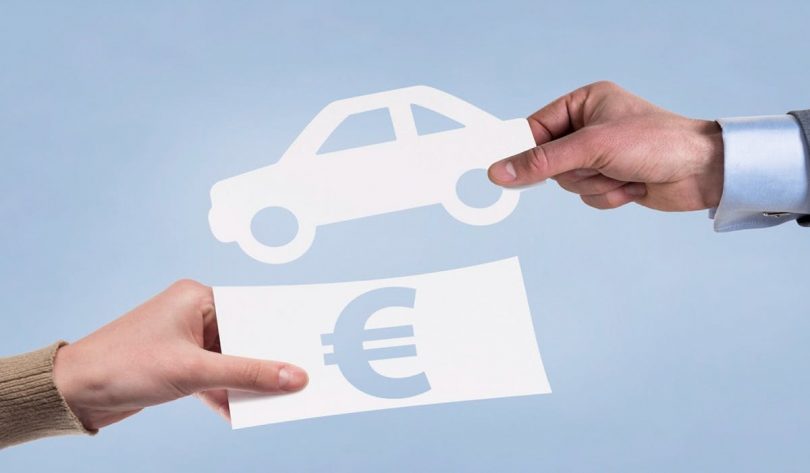When you buy a new car, selling it is not the first thing on your mind; you want to enjoy your new vehicle. But as the novelty wears off, selling the vehicle is something you should consider after a couple of years. As the times are changing, so is the ownership period of products, including cars.
There is a shift in consumerism with consumers wanting to own and experience newer products with the latest features and simpler user interfaces sooner. This same shift can be seen in the car industry as well. Add to this the depreciation value of the vehicle and other factors it is advisable to sell your vehicle within five years of ownership and here are some reasons why you should.
While selling your vehicle, beloved Ford, for example, keep in mind that dealing with the process through a dealer can make your life much easier. They not only do a complete check of your car but also help you find the right buyer by matching their needs to your offer.
Rise in maintenance costs

Buying a vehicle also means maintaining it to keep it running smoothly. As your mileage goes higher, so does the cost of maintaining the car. As the number of years on the vehicle goes up, the services and repairs become more frequent. Regular items like filters, brake pads, and other minor parts need replacing, and sometimes there is more expenditure involved if it is a major repair.
Usually, a new vehicle will run smoothly for about three to four years before the trips to the garage become more frequent. In the long run, to save yourself the headache of frequent repairs and get a good deal when you sell cars, especially used Ford cars in UAE, try selling it within five years of buying it.
Depreciation
Every car owner is familiar with the “D” word- depreciation. However well you maintain your car and service it, you cannot stop depreciation from happening. It starts the minute you buy your car. Your vehicle depreciates the most in the first year after which the value of your car goes down anywhere between 15%-25% every year. So by the fifth year, it could have depreciated to about 60% of its original value. Say you want to sell your used Nissan in Dubai, you still have a chance of getting a good price if you sell within the first five years. To know more, click here.
Warranty

When you buy a new car, it usually comes with a standard warranty of about three years. This warranty should cover most of the mechanical and electrical repairs that you might incur in that period. However, once the warranty period expires, the cost of repairs goes up considerably, especially when you have to replace defective parts. Some manufacturers do offer extended warranties, but they will be more expensive.
Mileage
It’s a no brainer that the longer you drive your car, the higher the mileage on the odometer. That’s normally one of the first things a person who is in the market to buy a used vehicle will check on. As the mileage increases, so do the wear and tear on the vehicle. If you’re someone who racks up a lot of miles on your car regularly, selling it at the right time, ideally within five years would be optimum.
Better resale value

One thing that is constant is the research done on cars to provide better features, both comfort, and safety-wise. As a result of this, every time a newer model with better features is released, your vehicle stands lower in the ranking. Some models have lower resale value than others, and sometimes the manufacturers discontinue certain models, in such cases the price you can expect for your car is lower. If you add a delay in selling your car to this, you are hardly going to get anything for your vehicle.
Wear and Tear
A car has no definite life span, but you can definitely tell the difference how the vehicle runs in the first year as opposed to the third and fourth year. The more you use the car, so does the wear and tear on the engine and other parts of your car. The running cost of maintaining your vehicle also goes higher, and the performance of the vehicle starts deteriorating.
Whether it is a necessity or plain vanity, whatever car you buy means putting away a chunk of cash which might not necessarily fetch you good returns when you sell. But you still have a chance to get back at least more than half the value when you sell at the right time.
